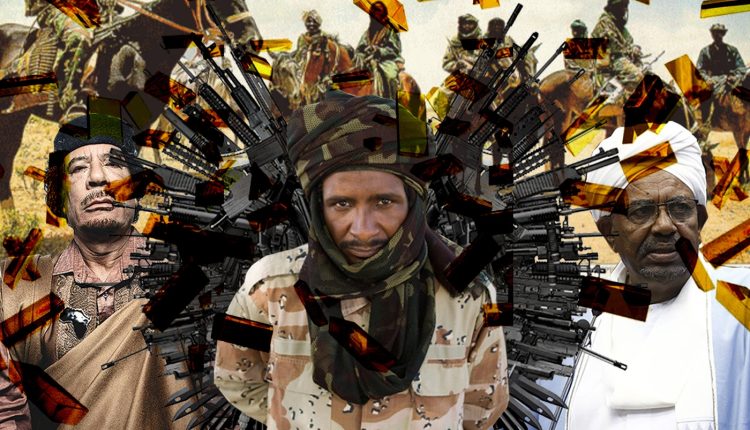Sudan : War Power By Weapons From Foreign Actors
The United Nations Under-Secretary-General for Political and Peacebuilding Affairs, Rosemary Anne DiCarlo briefed the Security Council on the situation in Sudan on Friday (Apr. 19).
The war in Sudan has sparked “a crisis of epic proportions” fuelled by weapons from foreign supporters who continue to flout U.N. sanctions, DiCarlo added.
“If the parties have been able to sustain their confrontation, it is in no small part thanks to the material support they receive from outside the Sudan,” she said.
“These external actors continue to flout the sanctions regime imposed by the Council to support a political settlement, thereby fuelling the conflict. This is illegal, it is immoral and it must stop.”
The sanctions regime imposed on Sudan by the resolution 1591 mentions parties in the conflict in Darfur which broke in the early 2000s. It includes an embargo on arms and ammunition as well as assets freezes.
Mohamed Ibn Chambas, chair of the African Union panel on Sudan and high representative for its Silence the Guns in Africa initiative, called external interference “a major factor compounding both the efforts to negotiate a cease-fire and to stop the war.”
Humanitarian catastrophe
Neither DiCarlo nor Chambas named any of the foreign supporters.
Reports have alleged Saudi Arabia; the UAE and Egypt are involved in the continuation of the war.
Despite peace efforts on the continent and outside, the conflict still rages.
The nation’s representative in New York advocated Sudanese solutions to the war.
“We call for the following: to not instrumentalize the conflict in Sudan and impose solutions from the outside, because this damages the conflict resolution process and compromises Sudan’s ability to take ownership of this process,” Al-Harith Idriss al-Harith Mohamed told the Council.
The U.N. political chief painted a dire picture of the conflict’s impact — over 14,000 dead, tens of thousands wounded and a looming famine with 25 million people in need of life-saving assistance, and over 8.6 million forced to flee their homes.”
Sudan plunged into chaos on April 15th last year when simmering tensions between its military, led by Gen. Abdel Fattah Burhan, and the Rapid Support Forces paramilitary commanded by Mohammed Hamdan Dagalo broke out into street battles.
Since then, the generals have not met.
The Arab-dominated RSF has carried out brutal attacks in Darfur on ethnic African civilians, especially the Masalit community, and has taken control of most of the vast region.
Its newest target appears to be El Fasher, the capital of North Darfur. Edem Wosornu, the U.N. humanitarian office’s director of operations, said RSF-affiliated militias attacked and burned villages west of El Fasher on April 13.
African news/Jide Johnson.

